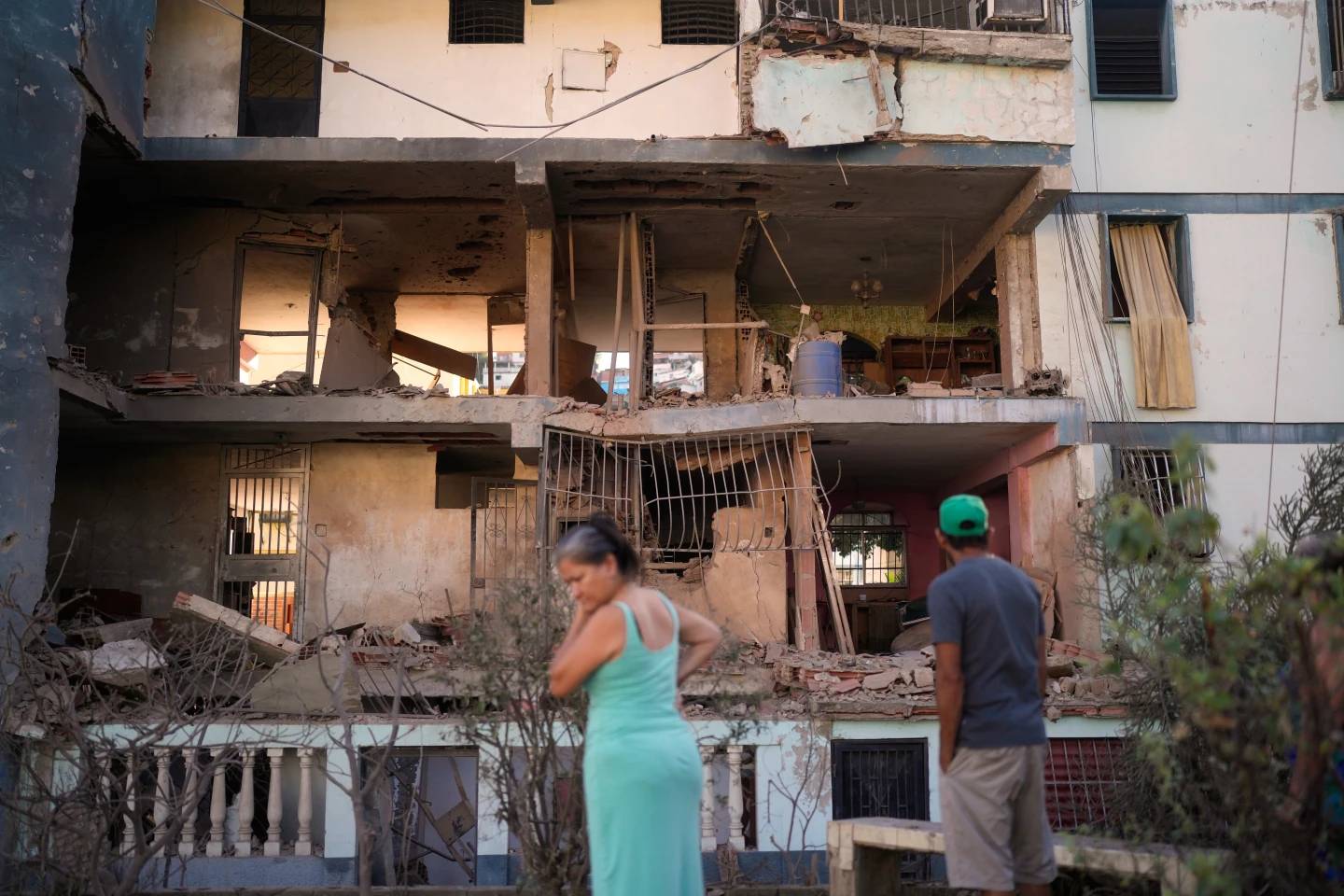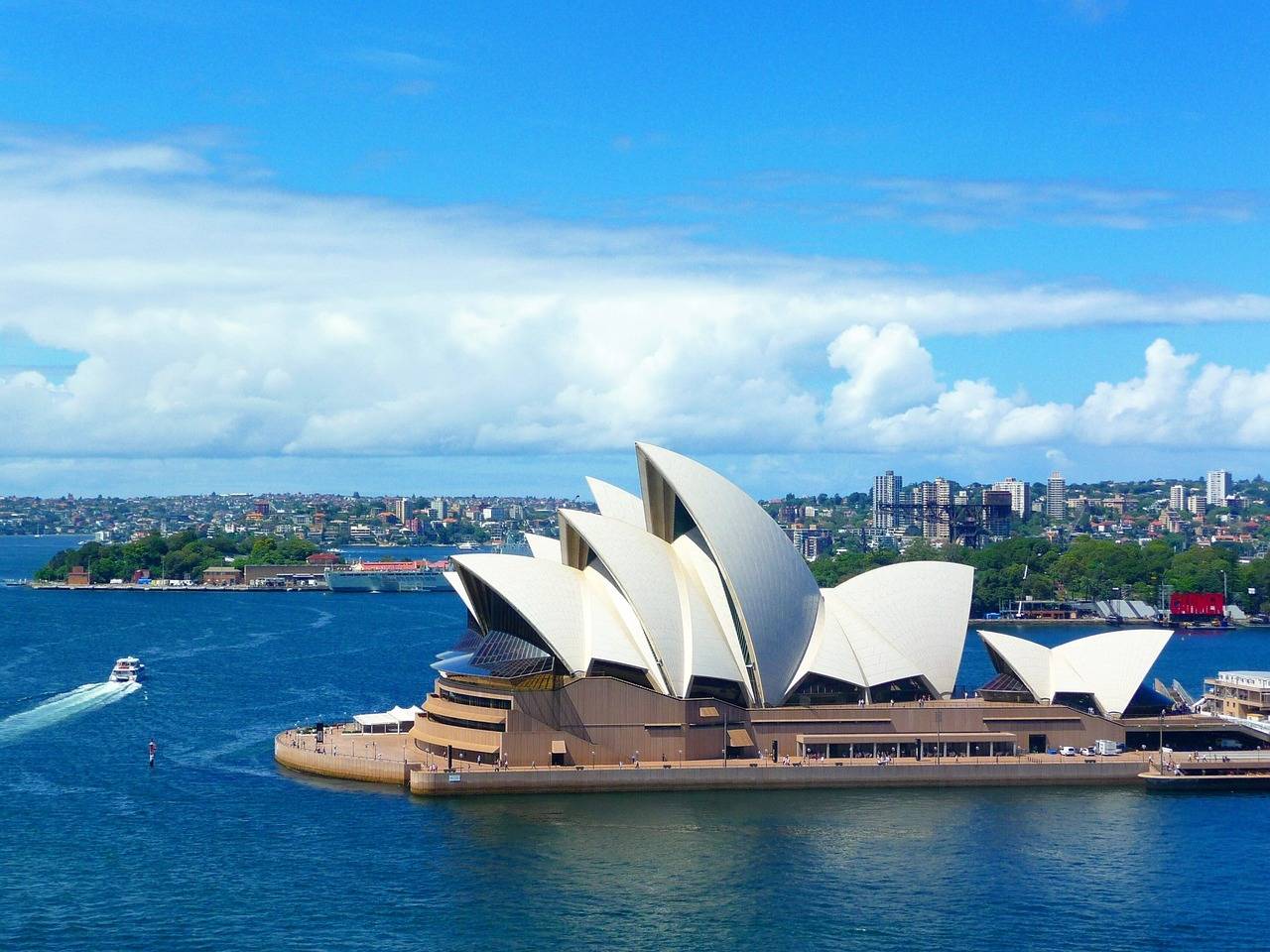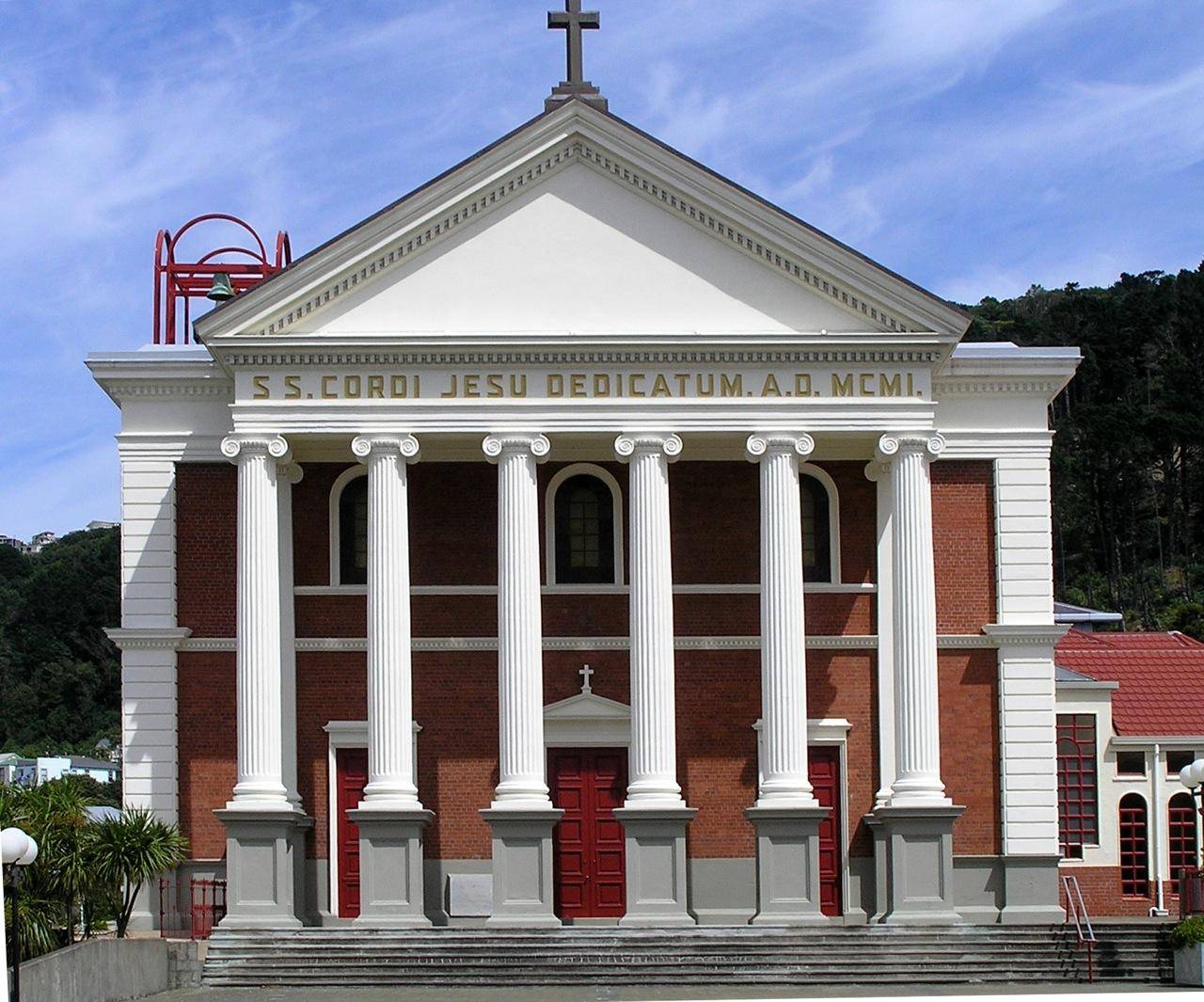MUDGEE, Australia — The Parliament of New South Wales, Australia’s most populous state, has passed a law allowing people to choose assisted dying under certain circumstances. It was the last of the country’s six states to enact such legislation.
The Voluntary Assisted Dying regime will be deployed across the state 18 months after the new law takes effect, leading to voluntary and doctor-assisted dying being available in health care and aged care facilities for people with terminal illnesses.
“If a civilization is to be judged by how it treats its weakest members, the NSW parliament has failed miserably and has set a dark and dangerous path for all posterity, determining a new and disturbing definition of what it means to be human,” said Sydney Archbishop Anthony Fisher.
“Despite our disappointment, our fight for life does not end with this vote. If anything, it begins anew. We must redouble our efforts to care for those who are victims of the ‘throwaway culture’ and instead rebuild a culture of life and love in this state.”
Many Australian religious organizations and leaders have long opposed assisted suicide, and religious groups’ requests for exemptions based on conscience were voted down.
“The disturbing nature of this legislation is compounded by the way the debate over amendments was conducted,” Fisher said, adding that all the amendments put forward to make this “deadly regime even a little bit safer” were rejected.
“That no meaningful amendments were accepted speaks to a ‘winner takes all’ approach by the proponents of this bill and reveals an ugliness that has invaded our politics,” he said. “This does not bode well for the protection of our most vulnerable citizens.”
The law passed the New South Wales Parliament on a conscience vote, rather than on party lines, and was opposed by NSW Premier Dominic Perrotet and minority leader Chris Minns, both Catholics.
The push to legalize voluntary assisted dying in Australian states started and ended in New South Wales, where a previous bill was defeated by one vote in 2017. While each state has different laws, there are tight restrictions as to who can access the regimes.
The federal government has used constitutional powers to prevent passage of such laws in Australia’s two territories, Northern Territory and the Australian Capital Territory.
















